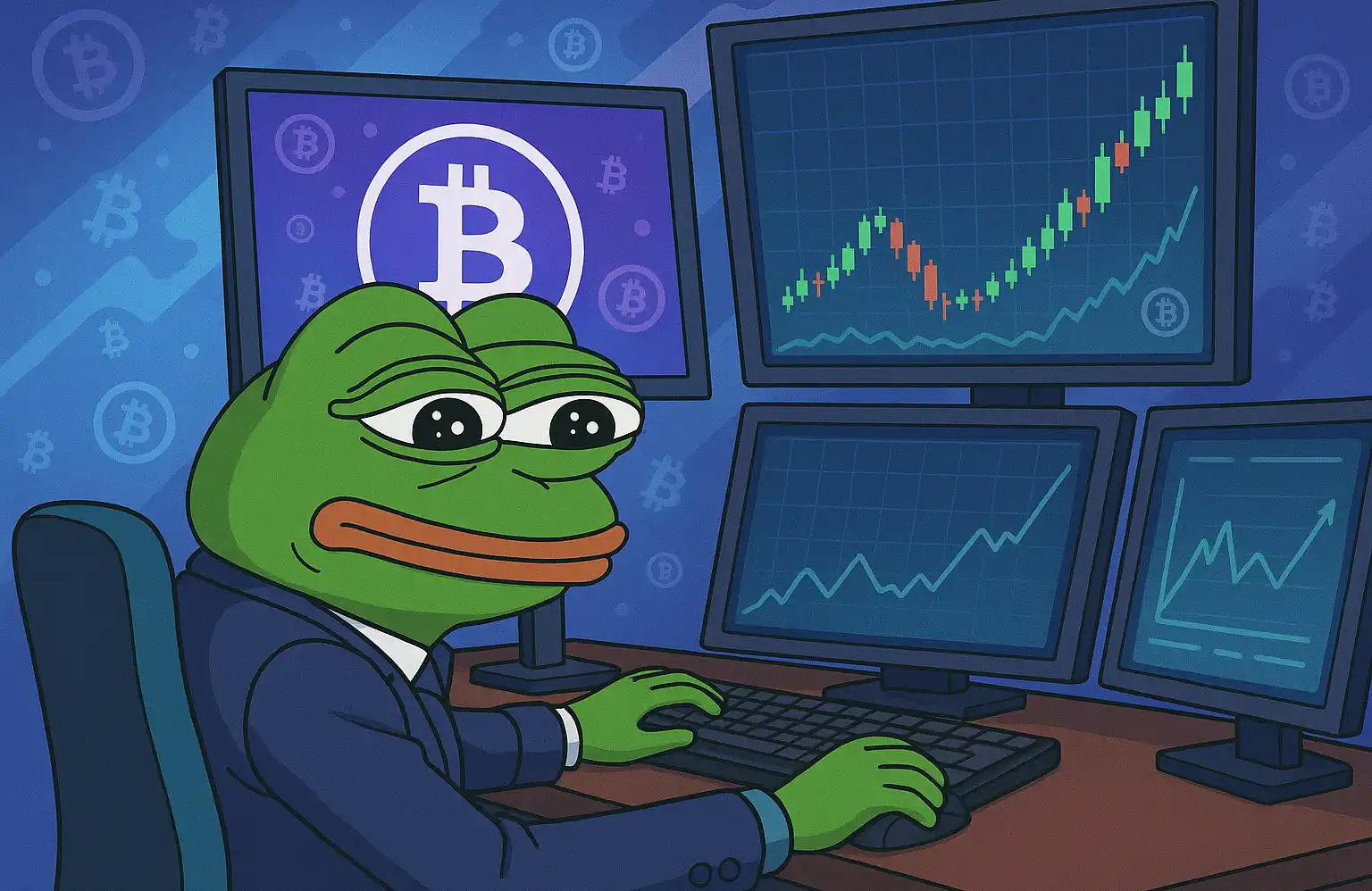Wall Street Giant S&P Global Bridging Crypto and Stocks in Tokenized Index Launch
Global finance is getting an upgrade, with a new tokenized index that blends digital assets with crypto-focused equities.
S&P Global is launching the S&P Digital Markets 50 Index, which will track 15 top cryptocurrencies and 35 blockchain-linked public companies in a single benchmark.
The index will be investable through a token called dShares, developed in partnership with the crypto asset firm Dinari.
The index will select crypto assets from S&P’s existing Cryptocurrency Broad Digital Market Index, each with a minimum $300 million market cap, and equities tied to digital assets, requiring at least $100 million cap.
S&P Dow Jones Indices’ chief product officer Cameron Drinkwater says the firm hopes the product “moves crypto from margins to mainstream.”
The hybrid tool will include firms like the Bitcoin treasury giant MicroStrategy (MSTR), Coinbase (COIN) and Riot Platforms (RIOT).
No component will exceed 5% weighting, in a push to ensure diversification.
Generated Image: Midjourney
Disclaimer: The content of this article solely reflects the author's opinion and does not represent the platform in any capacity. This article is not intended to serve as a reference for making investment decisions.
You may also like
What major moves have mainstream Perp DEXs been making recently?
Perp DEXs are all unveiling major new features.

After a 1460% surge, re-examining the value foundation of ZEC
History has repeatedly shown that extremely short payback periods (super high ROI) are often precursors to mining disasters and sharp declines in coin prices.

Tom Lee reveals: The crash was caused by the 1011 liquidity crunch, with market makers selling off to fill a "financial black hole"
Lee stated directly: Market makers are essentially like the central banks of crypto. When their balance sheets are damaged, liquidity tightens and the market becomes fragile.

Boxing champion Andrew Tate's "Going to Zero": How did he lose $720,000 on Hyperliquid?
Andrew Tate hardly engages in risk management and tends to re-enter losing trades with higher leverage.

